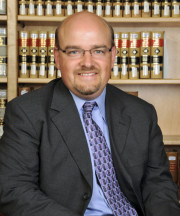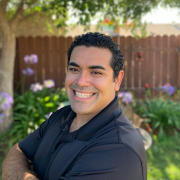4 Experts Available for Timely Analysis on Marijuana Pardon
Today President Biden announced that he is pardoning all federal offenses of simple marijuana possession. For reporters covering what many consider to be a historic step in marijuana decriminalization, the following experts are available to provide comments and analysis.

Berman’s principal teaching and research focus is in the area of criminal law and criminal sentencing and marijuana law and policy. He taught the very first law school class on marijuana reform starting in 2013. He is also the co-author of two leading casebooks: Sentencing Law and Policy: Cases, Statutes and Guidelines and Marijuana Law and Policy.
Quote: "Every aspect of President Biden’s actions today could have profound and uncertain ripples through our criminal justice systems and drug law and policy structures.”

Espinoza-Kulick’s research focuses on health policy, immigration, race, ethnicity, Indigeneity, and social movements. He has published on the history of drug policy and social movements, including analysis of racial disparities in criminalization, advocacy efforts, and health impacts of marijuana policy.
Quote: "Drug policy advocacy organizations have illuminated the unequal growth of the marijuana industry through the partial repeals of prohibition. For instance, as people of color were disproportionately charged for marijuana-related offenses, these persistent criminal records create a barrier to entrance in the newly legalized industries.”

Humphreys has been extensively involved in the formation of public policy, having served in the Obama White House as Senior Drug Policy Advisor. He has also served in the VA National Mental Health Task Force, and the National Advisory Council of the U.S. Substance Abuse and Mental Health Services Administration. He is currently an addiction researcher at Stanford.
Quote: "Contrary to popular understanding, the federal government has never done much enforcement against marijuana possession, so the pardons affect few people.The rescheduling is potentially more consequential, particularly for the medical marijuana industry."

Kumar completed a PhD at the Yale University Sociology Department, advised by Nicholas Christakis. His research harnesses the power of social computing, machine learning, and natural language analysis, grounded with insights from the social, behavioral, and clinical fields. His work explores the motivations for large US cannabis firms' participation in the cannabis space, and details cannabis use patterns at the dawn of US cannabis reform.
